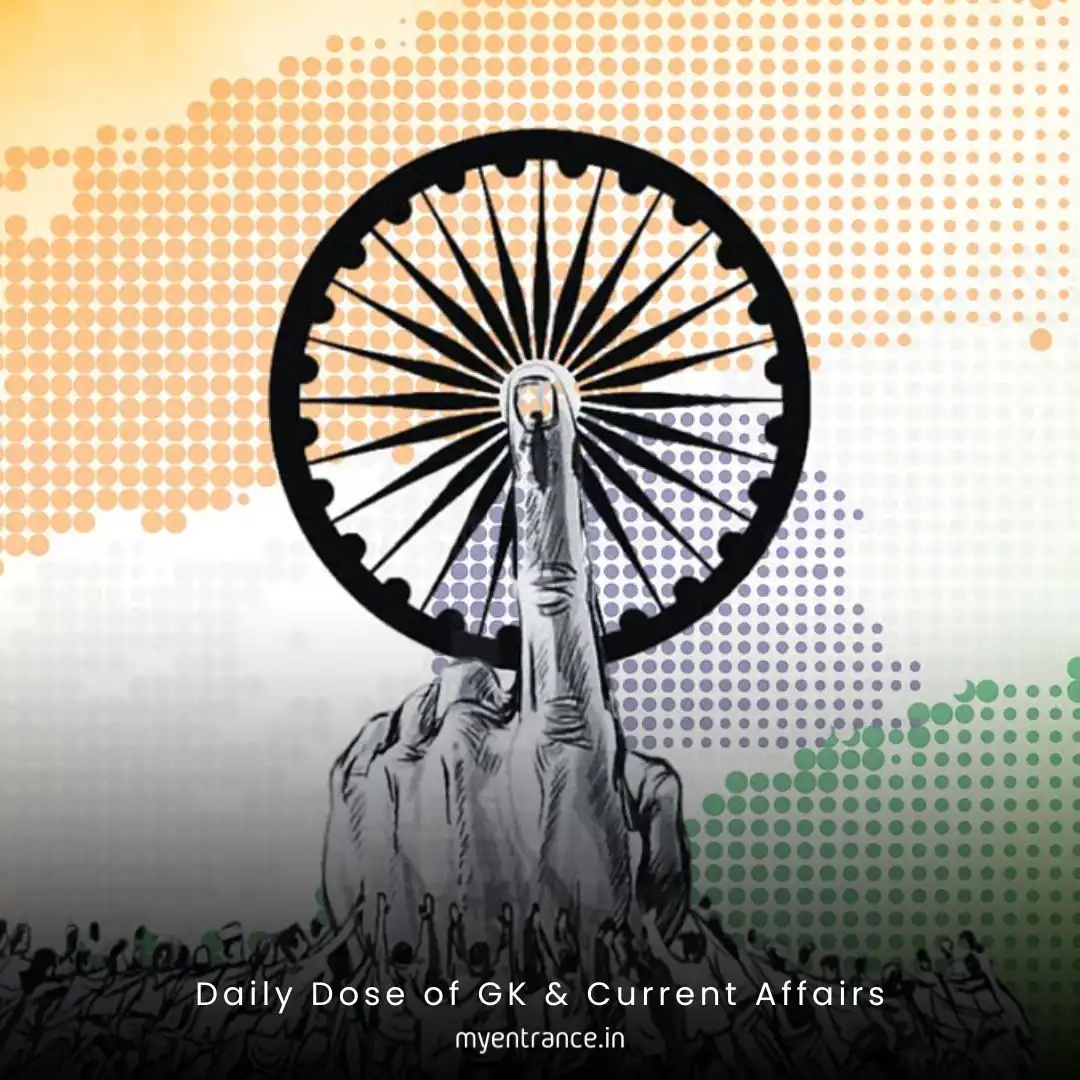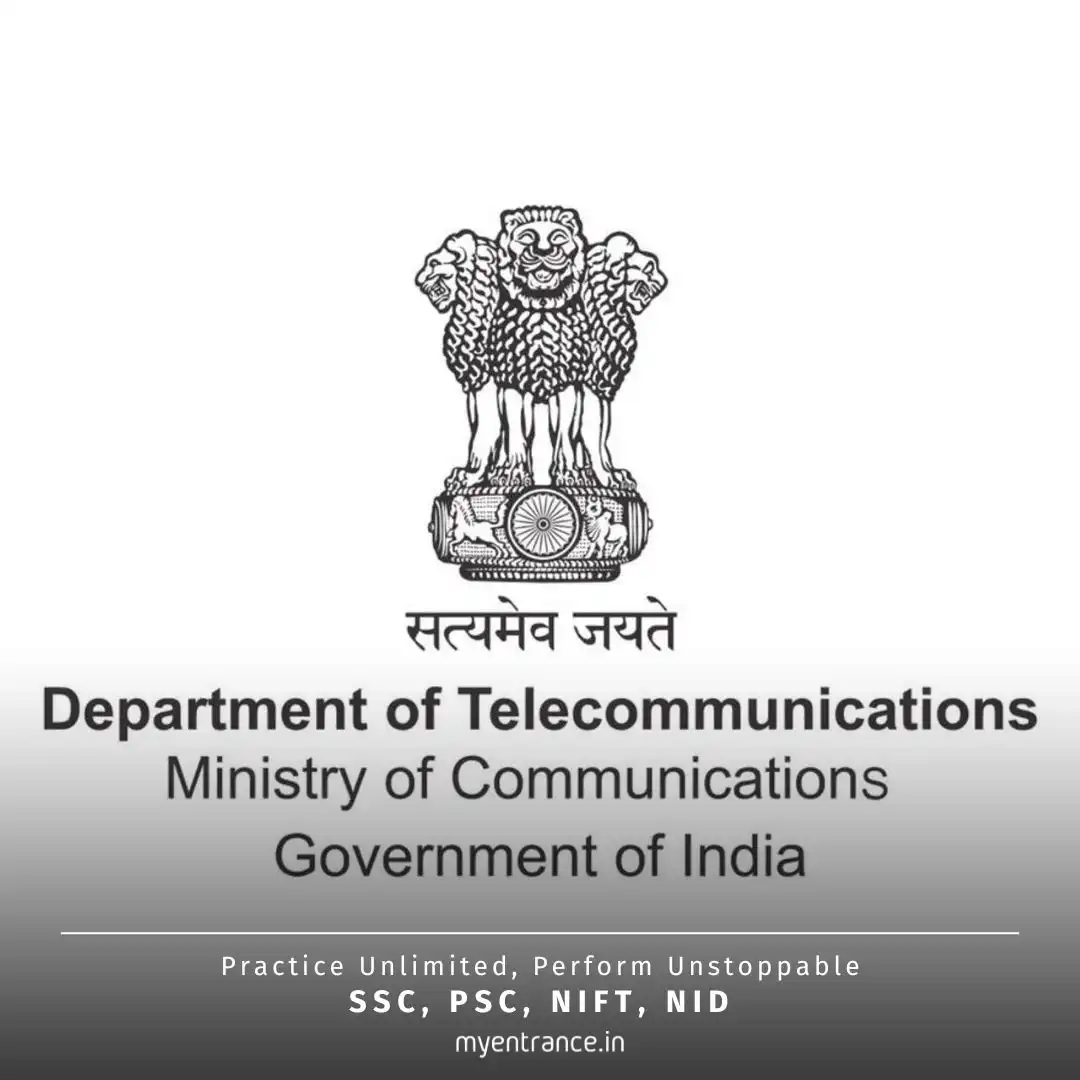Translate Language
Why is the Election Commission Revising Voter Rolls Across India? Key Insights
The Election Commission of India (ECI) has sparked nationwide discussions with its decision to conduct a Special Intensive Revision (SIR) of electoral rolls, starting with Bihar and extending to all states. This move, aimed at ensuring electoral integrity, raises crucial questions about citizenship, voter rights, and inclusivity—topics highly relevant for SSC, PSC, UPSC, and other competitive exams.

Understanding the Electoral Roll Revision
Why is the EC Revising Voter Lists?
The ECI cites duplicate entries, migration, and urbanization as key reasons for the revision.
The last intensive revision in Bihar was in 2003, and many voters added since then must now re-verify their eligibility.
Unlike past revisions, this time, the burden of proof lies on voters, raising concerns about disenfranchisement.
Key Changes in the Current Revision
Proof of Citizenship Required: Voters not listed in the 2003 Bihar rolls must submit documents (like birth certificates, passports).
New Qualifying Date: January 1, 2026, is set as the cut-off for new voters (those turning 18 by then).
Potential Inclusion of Aadhaar & Ration Cards: The Supreme Court suggested expanding acceptable documents to prevent exclusion.
Controversies & Challenges
Fear of NRC-like Exclusion: Critics call it an “NRC through the backdoor”, especially affecting marginalized groups.
Timing Concerns: With Bihar elections nearing, removing voters just months before polls could be problematic.
Document Accessibility: Many lack birth certificates; will Aadhaar and ration cards be accepted?
Why Is This Important for Exams?
UPSC (Prelims & Mains): Covers Indian Polity, Representation of People’s Act, and Election Commission’s role.
SSC & PSC: Questions on Constitutional provisions, voter eligibility, and electoral reforms are common.
NID/NIFT/FDDI (General Awareness): Current affairs on governance and democracy are frequently asked.
Sample Questions & Answers
Q1. What is the Special Intensive Revision (SIR) of electoral rolls?
Ans: A door-to-door verification drive by the Election Commission to remove duplicate/ineligible voters and update rolls.
Q2. Why is 2003 significant in Bihar’s electoral roll revision?
Ans: Voters enrolled after 2003 must now submit proof of citizenship, as the 2003 roll is the baseline.
Q3. What was the Supreme Court’s suggestion to the EC?
Ans: To consider Aadhaar, voter ID, and ration cards as valid documents to prevent mass exclusions.
Q4. How does this revision differ from past exercises?
Ans: Earlier, existing rolls were considered valid; now, even enrolled voters must re-prove eligibility.
Q5. What is the qualifying date for new voters in this revision?
Ans: January 1, 2026 – those turning 18 by this date can register.
Final Takeaways for Aspirants
The EC’s move aims at cleaner rolls but risks excluding vulnerable groups.
UPSC/SSC may ask about constitutional powers of the ECI (Article 324) and Representation of People Act, 1950.
Keep an eye on Supreme Court’s interventions and whether Aadhaar gets included.
Stay updated with MyEntrance.in for more exam-focused insights on polity and governance!
Get 3 Months Free Access for SSC, PSC, NIFT & NID
Boost your exam prep!
Use offer code WELCOME28 to get 3 months free subscription. Start preparing today!















